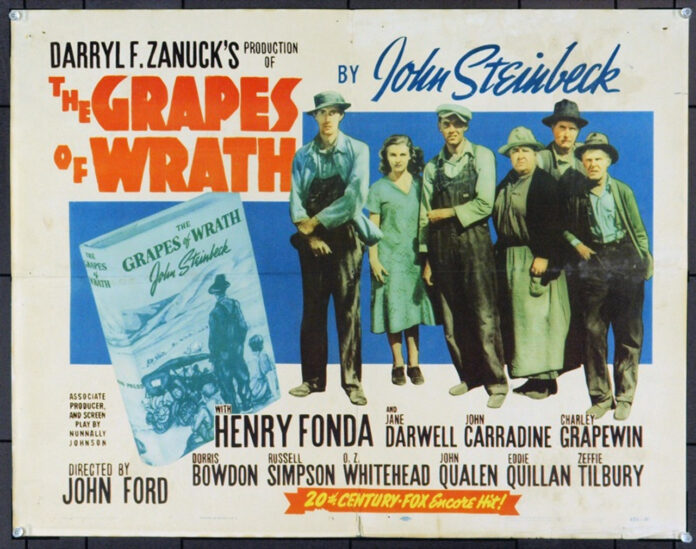An earlier post on this site pointed out that the retirement crisis in America is not getting any attention.
But just because it is not getting noticed does not mean the crisis will disappear. On the contrary, it will only worsen, aggravated by the nation’s wealth gap and attempts to alter Social Security and Medicare by the widening wealth gap.
On the wealth gap front, by 2030, the top 1% of Americans will earn 37% to 40% of the country’s income, with the bottom 50% getting just 6%, according to Nick Hanauer, a former venture capitalist and now head of Civic Ventures.
Income inequality is making the retirement crisis worse. According to Paul Taylor of the Pew Research Center, it is widely regarded as being greater today than at any other time since the Gilded Age (about 1870 to 1900). Taylor said the rise of technology is driving the current wage disparity among generations, and this gap “between young and old are at levels never before seen in modern times; so are the economic divides between whites, blacks, and Hispanics and so, of course, is the gap between rich and poor.”
This is a problem that will not go away under the Trump Administration. The gap will only get more expansive, and we are already seeing it in the record number of millionaires and billionaires with no public policy or government experience who are now in Trump’s cabinet.
Big cuts in social benefits will be made because many people will not be considered productive members of society.
But what if things could get worse? Would people believe they could quickly get poorer or be able to retire with a better quality of life?
It Could Easily Get Worse
In a new book, Homo Deus, Professor of History Yuval Noah Harari of the Hebrew University in Jerusalem posits some provocative ideas about how technology will change the human condition and allow civilization to extend life via technology, solve environmental problems and create new forms of life. But in the process, the technology will make many people obsolete. They will not be productive contributors to society. They will lack the skills and intelligence to contribute to the new advanced techno society.
“Modernity is a deal,” Harari writes. “The entire contract can be summarized in a single phrase: humans agree to give up meaning in exchange for power.” In the process, the masses will become less valuable to society overall, so society can reduce or eliminate the compassionate social safety net, such as Medicare, Medicaid, Social Security, and other payments to individuals whom the state will not consider productive.
If this sounds cold, callous, and familiar, maybe it is the future trying to talk to us, but we are not listening. The angst of people living in poor states with rusting manufacturing and ancient coal mines who voted for Trump may have thought he was their last White Hope, the last politician who they thought could help them get their hourly but obsolete jobs back from overseas.
But while Trump criticized China, Mexico, and other Third World nations for taking away American jobs via cheap labor, he never mentioned the robots that make cars in Detroit or use lasers to cut stainless steel in Cleveland. It is hard to rage against the machine, and it makes more political sense to rage against the foreigner who is threatening your wife and family. That is the oldest divide-and-conquer trick in the politician’s handbook.
So, with author Hahari’s point in mind, the Trump state wants to cut social safety net benefits and accelerate people into a poorer retirement and a lower living standard to say they are not that useful to his vision of modern American society.
This was articulated by a far-right Congressman, Mike Burgess (R-Texas), who said: “So if the numbers (of ACA-insured people) drop, I would say that’s a good thing because we restored personal liberty in this country.” So, using the guise of personal liberty, a significant watchword for the right, Burgess says it is a good thing if people do not have or pay more for health insurance. This is an extension of Republicans who say people “should have access to” health insurance, but this is very different from saying “they should have” health coverage, as proposed by Sen. Bernie Sanders. In other words, if you cannot afford it, that is your problem so much for compassionate conservatives.
Re-Invigorating the John Birch Society
It’s helpful to remember that Trump’s political philosophy is more akin to that of the  John Birch Society than conservative Republicanism. After all, David Koch ran as the John Birch Society vice presidential candidate in the 1980 election, and his money ensures that he is still in Republican circles.
John Birch Society than conservative Republicanism. After all, David Koch ran as the John Birch Society vice presidential candidate in the 1980 election, and his money ensures that he is still in Republican circles.
This bleak future possibility also explains why the right embraces Ayn Rand and her philosophy of selfishness and Frederick Friedrich Hayek’s free-market-centric economics. Hayak’s basic idea is that government control of peoples’ economic lives amounts to totalitarianism. The U.S. has never reached the point Hayak observed in Nazi Germany, Great Britain, or Fascist Italy. Still, his economic philosophy caught the attention of political conservatives who use it today for their ends.
So the next time people hear about proposed cuts to Social Security and eliminating the entire New Deal safety net, they should remember these cuts it may be accompanied by a whole new world view that many Americans are not very valuable to the new techno-driven wealth society.











